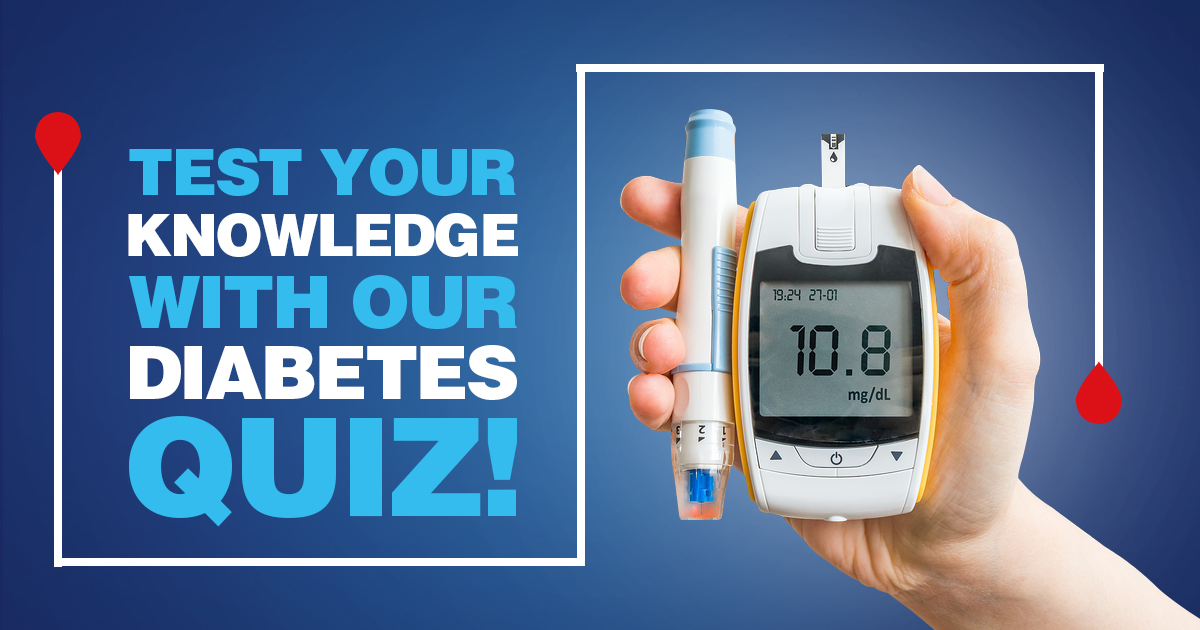Diabetes Trivia Questions & Answers (Quiz)
T
TriviaCreator@triviacreator
Created on:
Dec 11, 2024
Duration:
38 minutes, 25 seconds
Category:
Questions:
41 questions
Average Score:
32/41
Players:
40
Language:
English
Recent Top Players 🔥
Quiz Description:
Over 29 million Americans live with diabetes, yet many people still don’t fully understand it. Learning about diabetes can help you to manage it effectively or take steps to prevent it if you’re not already affected. How much do you really know about diabetes? Take our quiz to find out!
41 Trivia Questions and Answers
More Quizzes
Explore Quizzes
Comments
( )










